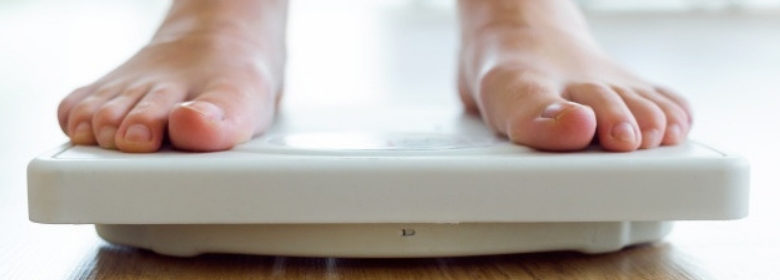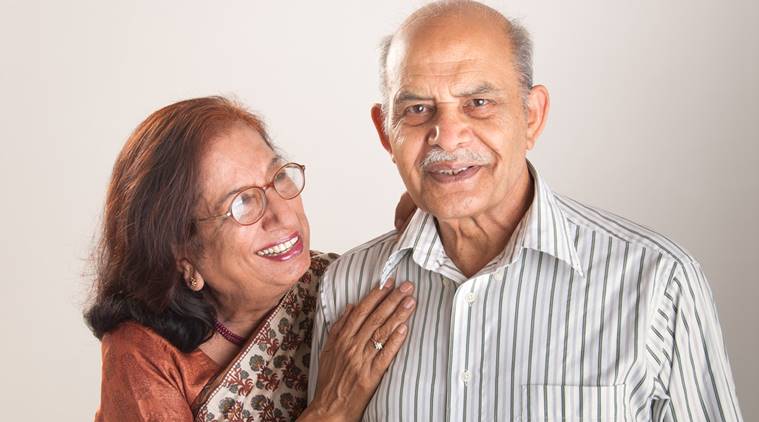Your Anxiety Loves Sugar. Here Are A Few Reasons Why!

If you feel you are facing anxiety, it might be worth it to watch what you are eating. While ditching artificial sugar can result in a physically healthier you, it’s the impact sugar has on our mental health that’s worth taking a second look at.
Sugar leads to highs and lows
Consuming a large amount of processed sugar can trigger feelings of worry, irritability, sadness or even depression. A sugar rush can even leave you feeling nervous, foggy, irritable, jittery, and drained.
It can worsen your anxiety
If you are dealing with anxiety, then you know how disastrous it is to binge on sugar. Sugar can weaken your body’s ability to respond to stress, which can trigger your anxiety and prevent you from dealing with the cause of the stress.
Sugar can increase your risk of developing depression
If you are dealing with depression, sometimes food can serve as a form of self-medication. Overconsumption of sugar triggers imbalances in certain brain chemicals. These imbalances can lead to depression.
If you’re craving sugar, here are a few low -sugar alternatives you can indulge in instead:
– Chocolate dipped strawberries
– Pancakes
– Cinnamon apple pudding
If you plan on processed sugar, don’t deny yourself the pleasure of sweet-tasting food because suddenly stopping your sugar intake can be harmful for you. So make sure you still enjoy your favourite foods – by making them healthy and consuming in smaller portions.






























